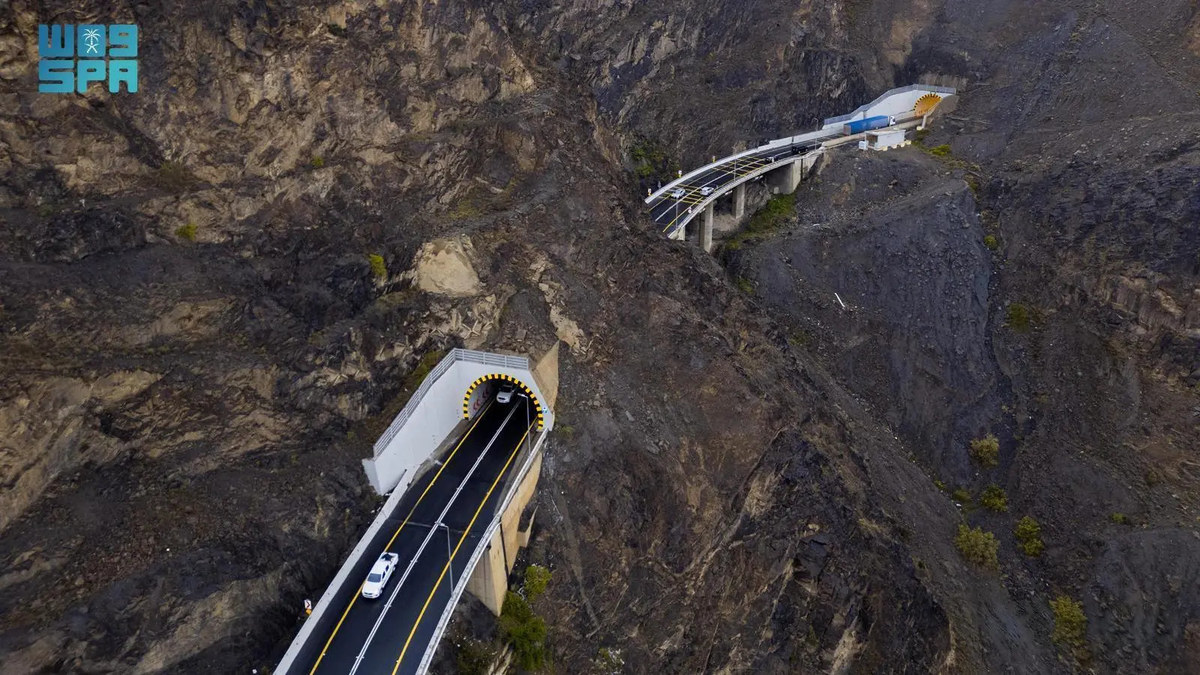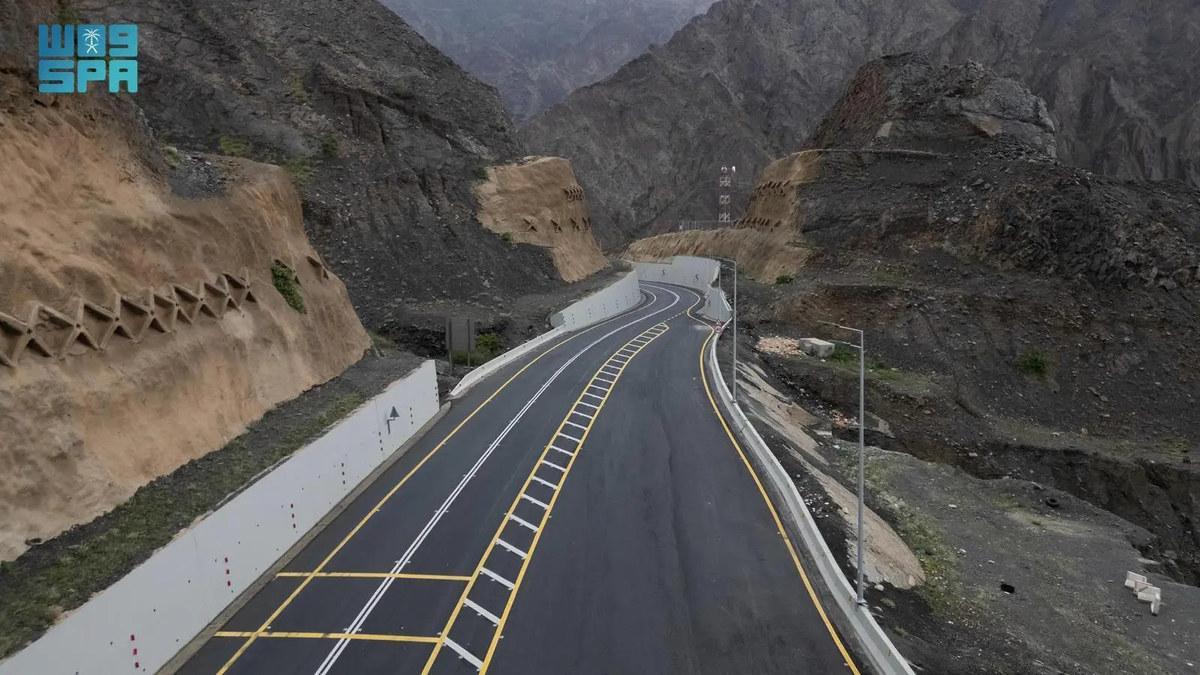Navigating the ethical landscape of neural implants and biotechnology

https://arab.news/zkk8v
In the bustling metropolis of Techville, where Silicon Valley meets the cityscape, the latest buzz is not about the newest iPhone or the most advanced electric car. No, dear citizens, it is about something far more intricate and potentially invasive: The ethics of artificial intelligence.
Enter Ms. Sophie Smart, the quintessential Techville resident, armed with a keen intellect, a penchant for coffee, and concerns aplenty. As she navigates the city’s labyrinthine streets, her musings on the intersection of technology and morality have become the stuff of legend.
“I mean, sure, AI is all well and good until it starts deciding what burger I should order for dinner,” Sophie quips, her brow furrowing in mock seriousness. “But when we start talking about implanting chips in humans and animals, well, that’s when things get dicey.”
And dicey they have become, indeed. With advancements in neural implants and biotechnology, the prospect of enhancing cognitive abilities or even interfacing directly with the digital realm is no longer the stuff of science fiction.
But as philosopher Friedrich Nietzsche once said: “He who fights with monsters should look to it that he himself does not become a monster in the process.”
The ethical implications of such technologies are as vast and complex as the digital networks they inhabit. On one hand, proponents argue that chip implants could revolutionize health care, allowing for real-time monitoring of vital signs and immediate intervention in case of emergency.
“It’s all about efficiency,” says Dr. Max Liver, a leading researcher in the field of neuroinformatics. “With chip implants, we could potentially save countless lives by detecting health issues before they become critical.”
But for every potential benefit, there is a lurking shadow of concern. Privacy advocates worry that implanting chips in humans could lead to unprecedented levels of surveillance, with every thought and action monitored and analyzed by unseen algorithms.
The prospect of enhancing cognitive abilities or even interfacing directly with the digital realm is no longer the stuff of science fiction.
Rafael Hernandez de Santiago
“I don’t know about you, but the idea of some AI snooping around in my brain gives me the heebie-jeebies,” Sophie remarks, shuddering theatrically. “I value my privacy, thank you very much.”
And then there is the question of equality. As philosopher John Stuart Mill famously opined: “The worth of a state, in the long run, is the worth of the individuals composing it.” Will chip implants create a new class of enhanced humans, leaving the rest of us mere mortals in the dust?
“It’s like the Olympics, but for brains,” Sophie says, a wry smile playing at the corners of her lips. “Pretty soon, we’ll have gold, silver, and bronze medals for cognitive performance.”
But it is not just humans who stand to benefit — or suffer — from the rise of AI and chip implants. Animal rights activists have raised concerns about the potential exploitation of our furry and feathered friends in the name of scientific progress.
Indeed, the prospect of implanting chips in animals raises a host of ethical dilemmas. While some argue that such technology could help track and protect endangered species, others fear that it could be used to control and manipulate animal behavior for human gain.
“It’s a slippery slope,” Sophie notes, her tone turning serious. “We have to tread carefully and consider the consequences of our actions, both for humans and for the creatures who share our world.”
As the sun sets over the glittering skyline of Techville, one thing is clear: The debate over AI and ethics is far from over. Whether we embrace the future with open arms, or approach it with caution and skepticism, one thing remains certain: The chips are down and the stakes have never been higher.
• Rafael Hernandez de Santiago, viscount of Espes, is a Spanish national residing in Saudi Arabia and working at the Gulf Research Center.



























